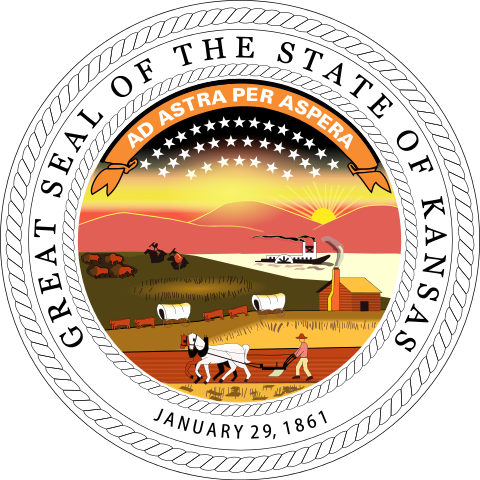Kansas lawmakers are considering an overhaul of the rules governing public employees who retire and then come back to work after beginning to draw a pension.
The current rules expire this summer, opening the door for changes.
The overhaul would make it less financially beneficial for public workers to retire early before eventually returning to the workforce.
An explanation of the current rules versus the proposed rules, from the Topeka Capital-Journal:
A person retiring at 55 years of age and working after retirement until 62 could expect to receive $296,000 in pension benefits under KPERS. If that individual served full-time until retiring at age 62, benefits under KPERS would be $251,000.
“Working after retirement encourages them to retire sooner,” [KPERS executive director Alan] Conroy said.
In this example, he said, KPERS absorbed a financial hit because required contributions to the pension system fell $25,000 short of meeting anticipated benefits provided the early retiree.
The reform plan before the Senate committee, for the first time, would mandate retirees receiving KPERS benefits who accept a position with a KPERS-affiliated employer — city or county government, for example — must abide by an annual earning limitation of $25,000.
That post-retirement cap, which now only applies to certified public school educators, stands at $20,000. A person reaching the maximum could unretire, temporarily stop working or suspend pension benefits.
In addition, the proposal would establish special rules for certified educators participating in the state pension system. Retired teachers would be eligible to collect KPERS benefits and work in a public school as long as earnings didn’t exceed $25,000 yearly.
Senators will debate the rule changes next week.
Photo credit: “Seal of Kansas” by [[User:Sagredo. Licensed under Public Domain via Wikimedia Commons – http://commons.wikimedia.org/wiki/File:Seal_of_Kansas.svg#mediaviewer/File:Seal_of_Kansas.svg




